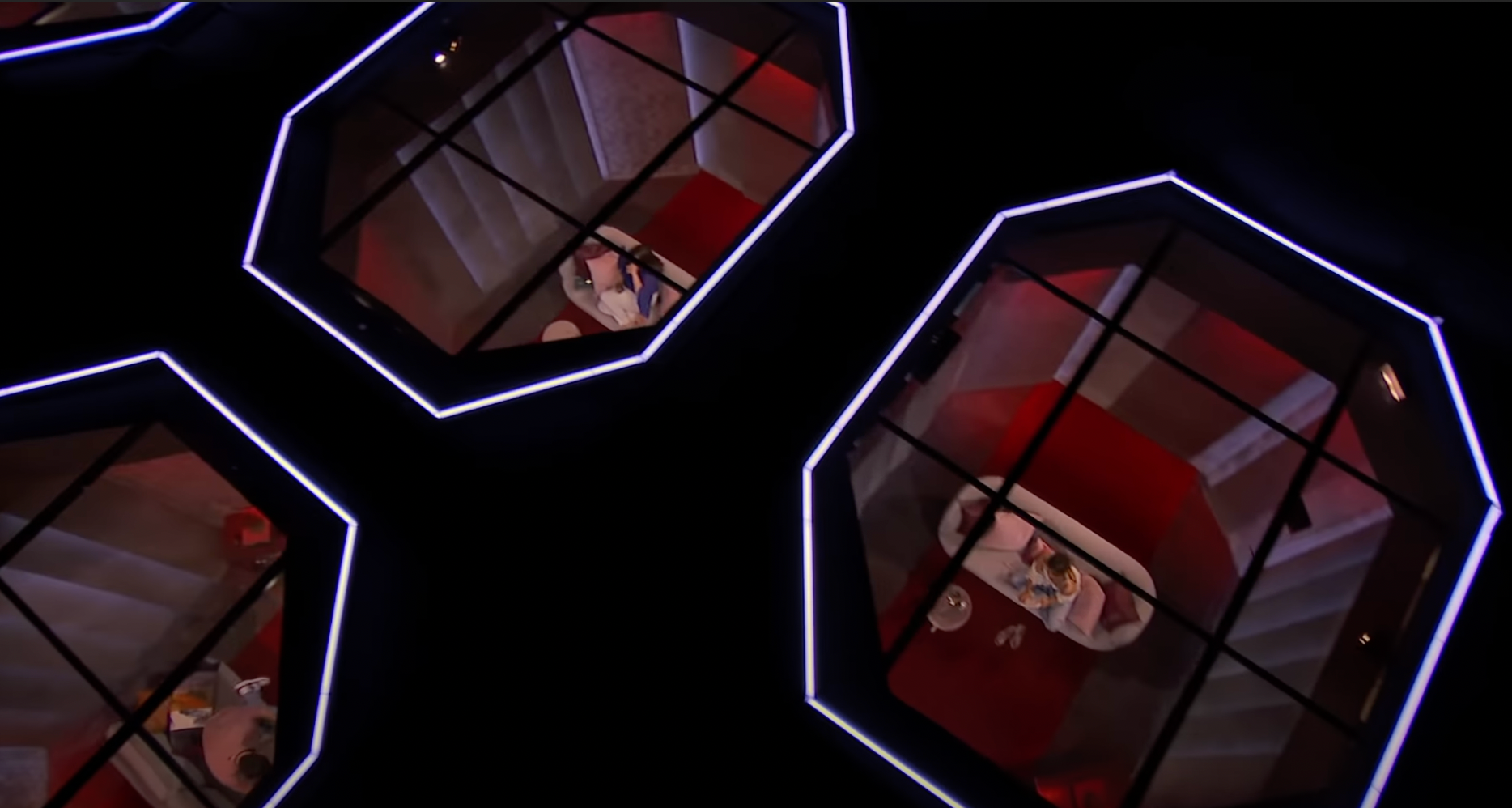Former ‘Love Is Blind’ contestant sues the Netflix program for ‘inhumane working conditions’
‘They intentionally underpaid the cast members, deprived them of food, water and sleep,’ the former contestant’s lawyer claims.

Former Love Is Blind contestant Jeremy Hartwell has filed a lawsuit against the Netflix reality show, claiming that he and his fellow contestants were subject to“inhumane working conditions”.
According to documents obtained by Us Weekly, the 36-year-old entrepreneur’s lawsuit serves as “a proposed class action on behalf of all participants in Love Is Blind and other non-scripted productions”. The defendants in the case are Netflix’s, production company Kinetic Content and casting company Delirium TV.
In the document, Hartwell, who appeared in season two of the show, alleged that he and his cast members were only given “alcoholic beverages, soft drinks, energy drinks and mixers”. He claimed that they also had very limited access to “hydrating drinks such as water”.
The lawsuit also claimed that through a “combination of sleep deprivation, isolation, lack of food and an excess of alcohol all either required, enabled or encouraged” by the Love Is Blind team, it created some “inhumane working conditions and altered mental state for the cast”.
Hartwell’s legal document went on to note how contestants didn’t have access to their phones after arriving at the show, so they couldn’t contact their friends and family.
“At times, defendants left members of the cast alone for hours at a time with no access to a phone, food, or any other type of contact with the outside world until they were required to return to working on the production,” the document continued.
Hartwell also questioned his salary, claiming that contestants were paid $1,000 per week and up to $8,000 total for their time on the show. The salary was allegedly less than minimum wage, as cast members were giving “a flat amount” each week, despite the fact that they worked “20 hours days”.
“Defendants failed and continue to fail to compensate Class Members and Aggrieved Employees for all hours worked, including minimum wage and overtime hours, as a result of maintaining a practice of requiring Class Members and Aggrieved Employees to work up to twenty (20) hour days, seven days per week, while paying them a flat amount of $1,000.00 per filming week,” the document said.
The lawsuit claims that workers were paid $7.14 per hour, which is “less than half of the applicable minimum wage rate of $15.00 per hour, less than one-third of the minimum overtime rate of $22.50 per hour, and less than one-fourth of the minimum double-time rate of $30.00 per hour pursuant to the applicable Los Angeles City and County minimum wage ordinances”.
In a statement, Hartwell’s attorney, Chantal Payton of Payton Employment Law, PC, of Los Angeles, claimed that cast members’ limited access to food, water, and “the outside world” is what altered their “decision making” on the show.
“They intentionally underpaid the cast members, deprived them of food, water and sleep, plied them with booze and cut off their access to personal contacts and most of the outside world,” he said in a statement in the lawsuit. “This made cast members hungry for social connections and altered their emotions and decision-making.”
He also claimed that contestants couldn’t leave the show “until filming was done” or else they’d have to pay a “ $50,000,” which could have caused them to “fear” the showrunners.
“The contracts required contestants to agree that if they left the show before filming was done, they would be penalised by being required to pay $50,000 in ‘liquidated damages,’” he continued. “With that being 50 times what some of the cast members would earn during the entire time that they worked, this certainly had the potential to instil fear in the cast and enable production to exert even further control.”
When Hartwell’s debut in Love Is Blind was announced in February, he described himself as someone who doesn’t “have to think about what to do”. Although there were six couples who got together via the experiment, Hartwell did not end up engaged to anyone on the show.
Speaking to The Independent, Kinetic Content shared a statement about the lawsuit, as the firm said that there was “no merit” to his claims.
“Mr Hartwell’s involvement in Season 2 of Love Is Blind lasted less than one week,” the statement reads. “Unfortunately, for Mr. Hartwell, his journey ended early after he failed to develop a significant connection with any other participant. While we will not speculate as to his motives for filing the lawsuit, there is absolutely no merit to Mr. Hartwell’s allegations, and we will vigorously defend against his claims.”
The Independent has contact Netflix for comment.
Join our commenting forum
Join thought-provoking conversations, follow other Independent readers and see their replies
Comments


Bookmark popover
Removed from bookmarks